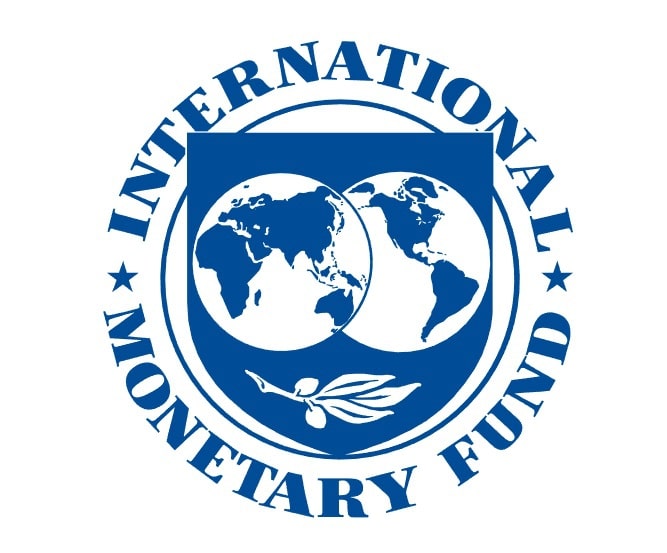IMF staff and the Gambian authorities have reached a staff-level agreement on economic policies and reforms to be supported by a new 3-year arrangement under the Extended Credit Facility (ECF), with requested access of SDR74.64 million (around US$100 million); The ECF-supported program aims to strengthen economic recovery, tackle inflation, address foreign exchange pressures, reduce debt vulnerabilities, advance structural reforms, and foster strong and inclusive growth.
The Article IV policy consultation focused on drivers of inflation, macroeconomic implications of the gender gap, climate-related risks and policies, debt sustainability, and external stability.
An International Monetary Fund (IMF) mission team led by Mr. Ivohasina Fizara Razafimahefa, Mission Chief for The Gambia, visited Banjul, The Gambia, during October 19–November 1, 2023, to discuss with The Gambian authorities economic and financial policies under a new 36-month ECF arrangement and the 2023 Article IV consultation.
At the end of the mission, Mr. Razafimahefa made the following statement:
“The Gambian authorities and IMF staff conducted discussions for the 2023 Article IV consultation and reached staff-level agreement on the policies and reforms that could be supported by a new 36-month ECF arrangement, with requested access of SDR SDR74.64 million (about US$100 million). The staff-level agreement is subject to approval by the IMF Management and Executive Board, which will make available about US$10.9 million.
“The program will build on the recently completed 2020-23 ECF-supported program and the authorities’ 2023-2027 Recovery-Focused National Development Plan. Its main objectives are to: (i) tackle the elevated inflation by deploying an adequate combination of monetary policy tools; (ii) address foreign exchange pressures by ensuring a market-determined exchange rate and a smooth functioning of the foreign exchange market; (iii) reduce debt vulnerabilities by supporting fiscal consolidation underpinned by strong domestic revenue mobilization to create fiscal space for development needs; (iv) advance structural reforms by strengthening public financial management and SOE governance; (v) and support economic recovery and inclusive growth by improving the business environment.
“The Gambia has consolidated its democratic transformation in recent years and has weathered more resiliently successive exogenous shocks—the COVID-19 pandemic and Russia’s war in Ukraine—relative to peer countries. Economic growth, supported by tourism and public and private construction (partly financed by strong remittances), is expected at 5.6 percent this year (up from 4.9 percent in 2022). However, headline inflation has continued to accelerate, reaching 18.5 percent (y-o-y) in September 2023, driven mostly by elevated international commodity prices, the adjustment in electricity tariffs, and some depreciation of the dalasi.
“Near-term policy priorities should focus on containing inflation and foreign exchange pressures, mitigating their impact on the vulnerable population, and building external resilience. Bolstering domestic revenue mobilization is essential to create additional space for social spending and investment. Concerted measures in tax policy and revenue administration are needed to sustainably increase The Gambia’s low tax-to-GDP ratio. Streamlining subsidies, improving spending efficiency, and managing fiscal risks (including from SOEs) will allow for additional social spending and growth-enhancing investments. Strengthening monetary and exchange rate policy frameworks is important to safeguard internal and external stability. The monetary policy interest rate should shift firmly in positive territory in real terms and the foreign exchange market should function smoothly.
“Discussions also focused on the structural reform agenda to unlock growth potential, foster economic diversification, and harness the private sector’s full potential in creating jobs. Strengthening the business environment, expanding regional trade, and increasing women’s economic participation are crucial to boost growth potential. Given The Gambia’s high vulnerability to climate change, it is also important to enhance climate risk management and increase investment in climate-resilient infrastructure.”
The mission team met with Seedy Keita, Minister of Finance and Economic Affairs; Rohey John Manjang, Minister of Environment, Climate Change and Natural Resources; Demba Sabally, Minister of Agriculture; Honorable Alagie S. Darboe, National Assembly Chairperson of the finance and public accounts committee; Buah Saidy, Governor of the Central Bank of The Gambia; Yankuba Darboe, Commissioner General of the Gambia Revenue Authority, and senior government and central bank officials.
The mission team also had fruitful discussions with representatives of the private sector, civil society, and development partners. The mission team would like to thank the Gambian authorities for the constructive discussions and the good collaboration.
Distributed by APO Group on behalf of International Monetary Fund (IMF).
